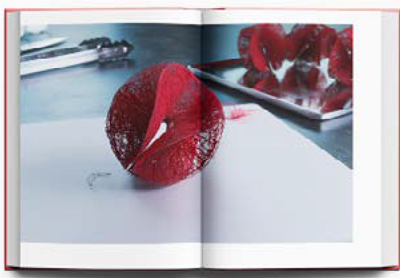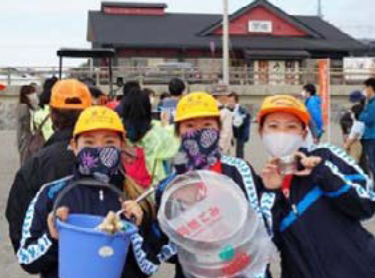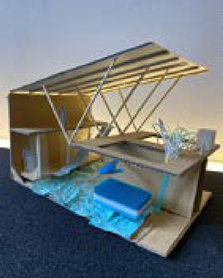第1145回

HOT & BOTHERED…EXCITED & INSPIRED
On the 1st July the BBC News announces, “Japan is sweltering under the hottest day yet of its worst heatwave since records began in 1875”. I can feel that heat, I am in the DLX Design Lab in UTokyo's Komaba II Research campus. It's already too hot for this time of year and we all know why: climate change. As the British say it is enough to make me “hot and bothered”, but earlier this year I found a great reason to be excited and inspired. In April, the UN's Intergovernmental Panel on Climate Change (IPCC) released a new part of the Mitigation of Climate Change report. This is the first IPCC report to provide an in-depth assessment of how human behaviour, choices and consumption can contribute to climate change mitigation. This is a big difference to previous releases. In the report there is the idea that reducing people's personal demand for energy in shelter, mobility and nutrition can make a significant impact. The IPCC believes changes in these areas could limit emissions from end-use sectors* by 40-70% by 2050.
What is exciting about this report is that it makes it much clearer that our own personal decisions can really have a benefit. So how can we, UTokyo people, help? There are already some key initiatives happening at UTokyo, the UTokyo Center for Climate Solutions (UTCCS) is bringing together many experts in the fields of climate science, public policy, and justice. Also, there are some new international collaborative initiatives which will improve our ability to take meaningful action in the future. Here at DLX Design Lab over the last 2 months we have been guiding a group of 30 students to explore climate solutions in a design thinking class. They have created ideas for new types of cooling systems for buildings, retail spaces designed to reduce food waste, and ways to attract people to use electric vehicles. This class proves to me EVERYONE can get involved. There is a myth that you need to understand problems in depth in order to come up with innovative solutions, but a deep understanding can constrain new thinking. I prefer the philosophy from Edward Turner, a genius engineer from Triumph Motorcycles:
“The best progress is likely to be made by the person who doesn't know all the reasons why the job can't be done!”
Why don't we all think how we can take action? How can we integrate climate action into our everyday university lives, from the classes faculty deliver to the application of knowledge that students learn? The collective power of intelligent, creative thinking can help the global community hit the targets that we clearly need to reach. My question to you is what do you think needs to happen at UTokyo to make sure that climate change thinking can be turned into climate change action?
Contact: miles@designlab.ac
ペニントン・マイルス
(生産技術研究所)



* End-use sectors are transportation, industrial, commercial, and residential sectors because they consume primary energy and electricity produced by the electric power producers.

